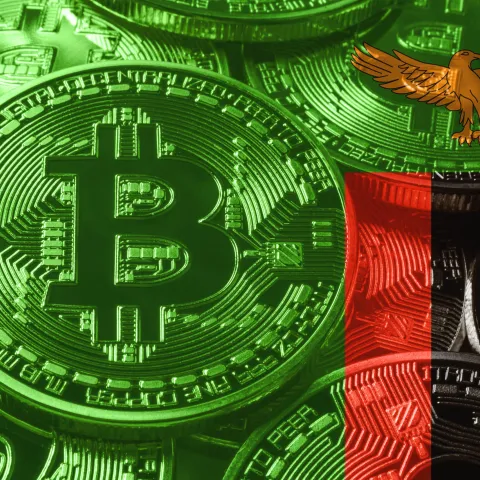
Kamfinsa Member of Parliament, Christopher Kang’ombe, has expressed concerns over the introduction of K200 and K500 banknotes, arguing that the move will not address Zambia’s fundamental economic challenges. In a statement, Kang’ombe emphasized that issuing higher denomination notes does not create real economic value or contribute to growth.
According to the lawmaker, economic growth is primarily driven by productivity levels and the volume of trade, rather than monetary adjustments. He pointed out that without increased production and industrial expansion, Zambia's economic conditions would remain unchanged despite the introduction of the new currency notes.
Kang’ombe further outlined key recommendations for the government to implement in order to foster sustainable economic development. He stressed the need for increased support to sectors that offer opportunities for economic diversification. He also advocated for a shift towards import substitution, encouraging the country to reduce reliance on foreign goods and promote local manufacturing and production.
Additionally, the MP highlighted the importance of maximizing revenue from the mining sector to stimulate growth in other industries. He suggested that reinvesting mining proceeds into various economic sectors could help drive sustainable development.
Kang’ombe called on the government to implement expert-backed policies and industry recommendations that have been proposed over the years. He urged policymakers to create a society that prioritizes innovative ideas and practical solutions for economic progress.
His remarks come amid ongoing debates about Zambia’s economic trajectory, with experts questioning whether short-term monetary measures can resolve deeper structural challenges. As discussions continue, stakeholders will be looking at the government’s next steps in addressing the country’s economic concerns.









